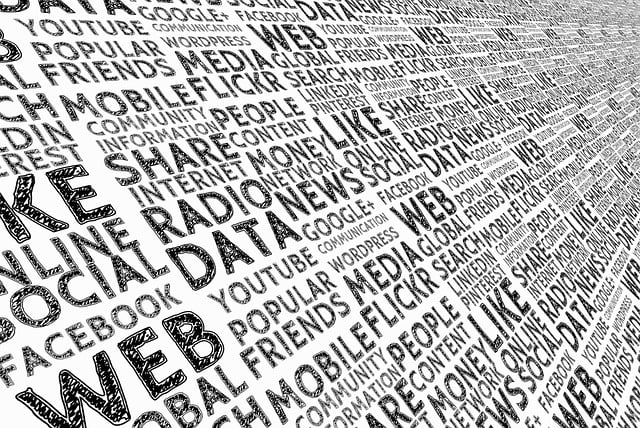
Social media has changed the way we consume news, as well as
how we communicate and influence the content that is published. It allows
consumers to be a part of the conversation, and gives journalists tools that
they never had before to report and share news.
It has also allowed us to access news in real time, for
example when a major event happens, and it has allowed journalists to track
trends as they unfold. It has also made it possible to identify patterns and
predict future events based on conversations.
However, social media can be a source of confusion and
distrust, especially when people are exposed to false stories that have
incorrect information. These types of stories are referred to as “fake news”
and can be damaging to people’s perception of the news.
There is a need for new research on the way that social
media affects news consumption and distribution (Karlsen 2015). This research
must include the role of opinion leaders and interpersonal networks in the flow
of information and news.
Using a combination of survey data and group interviews, the
study explores how young people use their social network sites (SNSs) to gather
news. It also considers the effect of incidental news consumption and the role
of opinion leaders in this process, as well as their attitude towards these
factors.
The survey results reveal that the main factor explaining
how young people consume news on their SNSs is the habit of using these sites.
About seven-in-ten (18- to 29-year-olds) get their news on these sites
everyday, compared with only 38% of those aged 30 to 49 and 17% of those aged
50 and older.
Another important factor is that young people are more avid
users of their SNSs than older generations. Roughly half of young people
surveyed in France say they use social media to stay updated on news, and
one-in-ten social media news consumers cite Facebook as their most often used
site for getting this information.
On the other hand, most of those surveyed in France say that
the news they get on these sites rarely or only sometimes aligns with their own
political views. This reflects the so-called “echo chamber” effect, where
different groups of people hear varying points of view on their social media
feeds, which are then shared with others in their circles.
This is a serious concern for the quality of journalism and
its audience. The ferociously fast spread of information over social media can
lead to panic if it is reported in the wrong manner, or when false stories are
circulated.
During the past decade, reporters have had to adapt to a
plethora of new developments in social media and networking. This has been a challenge
for many, but it is one that they must continue to overcome in order to
maintain their job security and keep audiences satisfied.